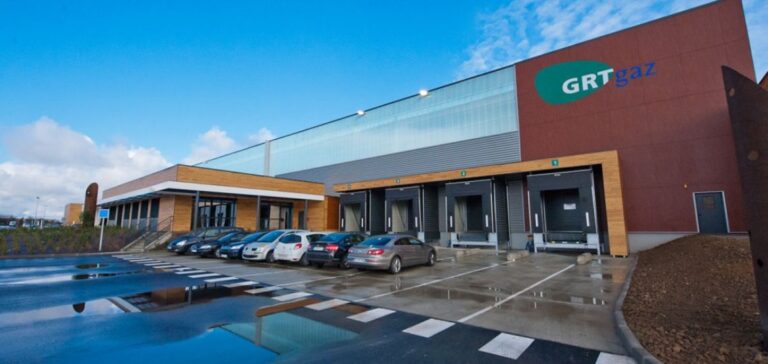The French gas transmission system operator, formerly known as GRTgaz, is adopting a new identity: NaTran. This change signals a clear intent to become more involved in the energy transition and play a central role in the transportation of renewable gases, including biomethane, hydrogen, and CO2.
A new name for a new strategic direction
Sandrine Meunier, the CEO of the company, explained that NaTran is a combination of the terms “Nature”, “Transports”, and “Transition”, thus representing the core essence of the company. GRTgaz, founded in 2005 following the separation of production and marketing activities from the former Gaz de France, saw its production branch merge with Suez and rebrand as Engie, while distribution was handled by GRDF. Today, NaTran positions itself as the operator of energy transition transport infrastructure.
NaTran’s objectives for 2030
As part of its NaTran2030 strategic project, the company aims to radically transform its network. Currently, NaTran operates a 32,000 km network primarily transporting fossil-origin gas. However, this infrastructure is set to diversify to include renewable gases. By 2030, NaTran plans to allocate 50% of its annual investments to the energy transition, a significant increase from the 25% currently dedicated to this cause. These investments will fund the shift towards more sustainable gases such as biomethane, hydrogen, and captured CO2.
Ongoing projects and decarbonization ambitions
Among the major initiatives, NaTran aims to increase the share of biomethane in its networks, with a goal of quintupling this share by 2030. The company also plans to deploy over 1,000 km of infrastructure dedicated to low-carbon hydrogen and CO2 transportation. These projects aim to support the decarbonization of industry and the transport sector, with innovative solutions like capturing CO2 from highly emitting factories and transporting it to storage projects. The MosaHYc project, currently underway, consists of a 100 km network spanning France and Germany, with a commissioning date set for 2028.
Prospects despite challenges
While the green hydrogen sector is currently experiencing a funding crisis, NaTran remains optimistic and confirms that it is receiving strong demand from its customers for such infrastructure. The company has also launched several hydrogen transportation projects, such as the BarMar and Hyphen corridors, which are set to link France to Germany and Spain, with commissioning expected around 2030.






















